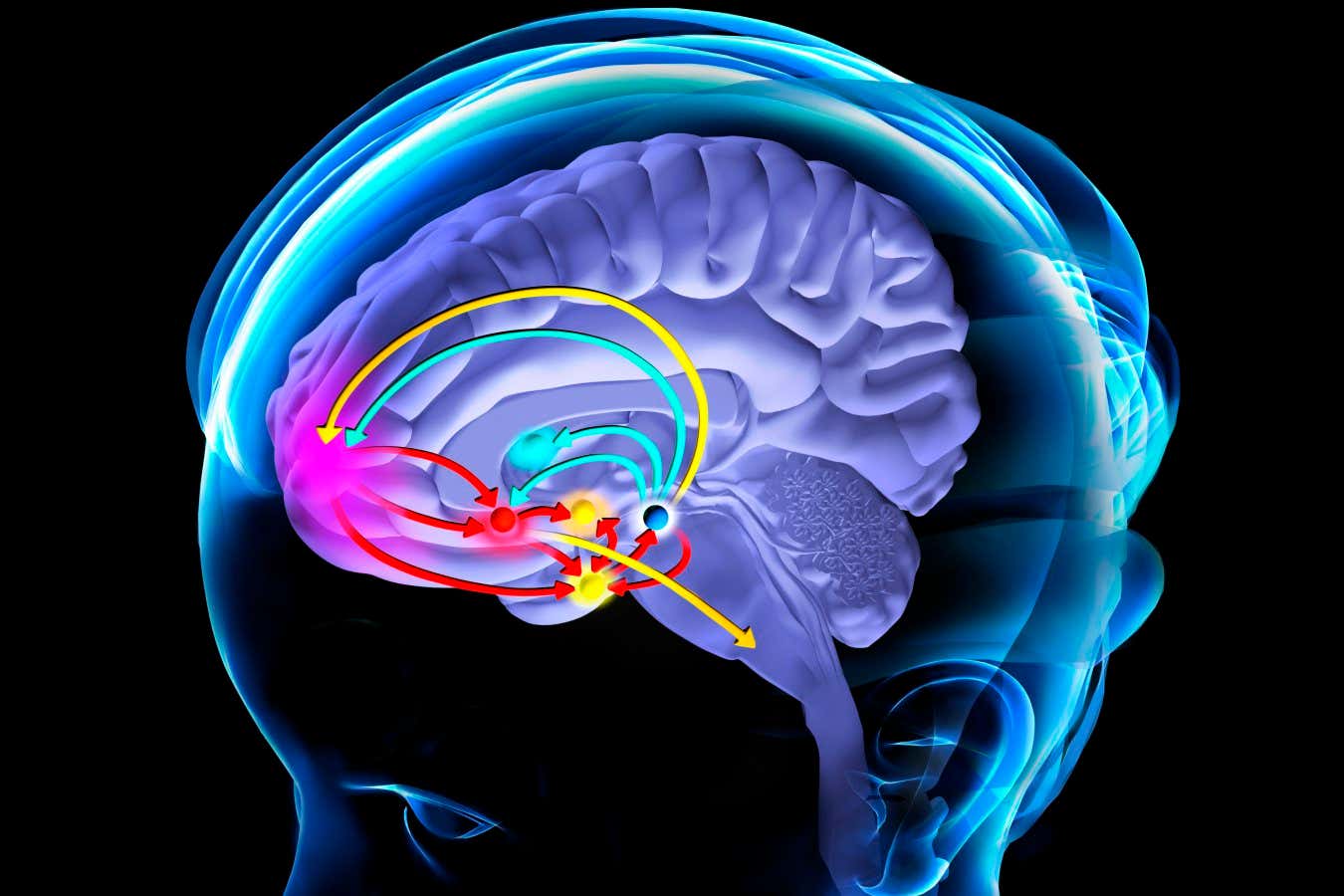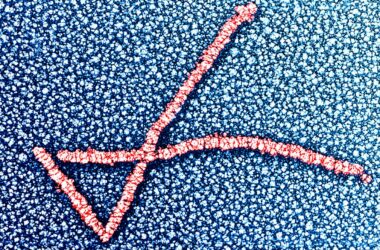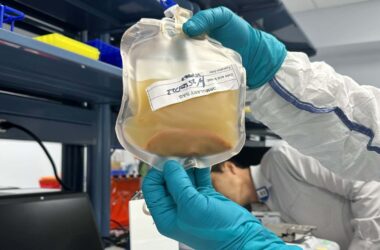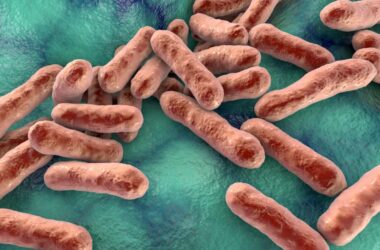A small trial in monkeys has shown that alcohol misuse could potentially be treated by a one-off gene therapy delivered into the brain. The gene therapy increased the production of dopamine, a signaling chemical associated with addiction. If the treatment proves effective in humans, it would likely be reserved for those with severe alcohol misuse due to the risks involved in the brain procedure.
Currently, talking therapies are the main treatment for alcohol misuse, and while there are medications available to reduce alcohol consumption, they are not effective for everyone. Some individuals struggle with cravings and stop taking the medication, which led researchers to consider gene therapy as a potential long-lasting treatment.
In individuals who have consumed excessive amounts of alcohol for an extended period, dopamine levels in specific brain regions called ventral tegmental areas are often reduced. To address this, the researchers designed a gene therapy to increase dopamine in these areas.
The approach was tested on adolescent rhesus monkeys that had a preference for alcohol. By adulthood, these monkeys were consuming the equivalent of several units of alcohol per day. The researchers used a modified virus to deliver a gene encoding a signaling molecule called glial cell line-derived neurotrophic factor (GDNF) to the brain of four monkeys, while four others received an inert substance for comparison.
Over the course of 12 months, the treated monkeys chose to drink over 90% less alcohol compared to the comparison group. Post-mortem examinations of their brains revealed higher levels of GDNF and dopamine in the targeted brain regions compared to the control group.
However, the exact mechanism of how the therapy works is still unknown. It is speculated that it may cause brain cells to produce more dopamine or slow down dopamine removal. The therapy also increased levels of other brain-signaling chemicals such as serotonin and noradrenaline.
While the technique used in this study is impressive, doctors may be reluctant to administer this treatment to individuals with alcohol misuse unless their condition is severe. The idea of having an injection of a gene therapy into the brain without the ability to switch it off may raise concerns.








